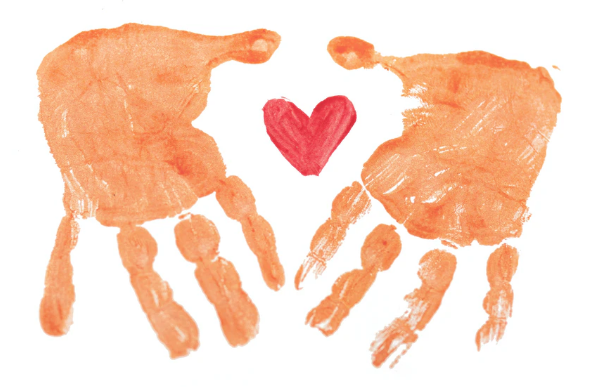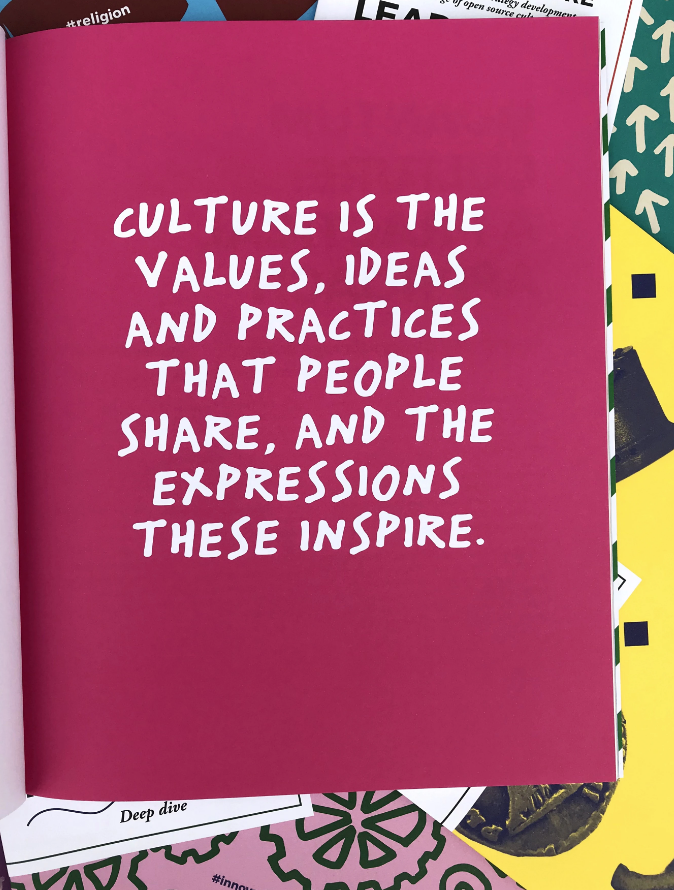I’m fascinated by culture. How culture is created, how cultures shape our every thought and action, how similar or different cultures can be. In the journey to grow a more loving and just society, culture is an essential part of strategies for lasting change. If you’re wondering, what is culture, sometimes it’s said that culture is “the way we do things around here.” Culture is a group of people’s shared knowledge, beliefs, values, stories, and so much more. On the journey to shift the ways we do things like fairly educate all students or provide effective healthcare for all people, awareness and intentionality about culture is essential.
What if this moment is giving us an opportunity to lay the foundation for some new cultural patterns, deepening our practice of caring for each other? What if COVID is a way for us to learn how to better connect with each other around hard to talk about topics? What if we could grow new skills that would serve us as we continue to work together to keep one another safe?
One aspect of culture that I’m pondering right now is that so many of us have grown up with the tendency to avoid tension or conflict, to not talk about things that could make ourselves or someone else uncomfortable. We’ve been told to keep our personal affairs private. We’ve been told to follow directions, even if they harm some people, to just deal with it and “keep the (pretend) peace.” These are all cultural patterns. If someone was raised in a culture that valued these patterns, it’s uncomfortable and takes practice to shift. What if navigating the world with COVID is an opportunity to practice?
There are lots of choices about how to move through life that are new for many of us to think about (and not new for others). Things like going to crowded places inside, whether or not to wear a face mask, whether to tell someone that I have a tickle in my throat before we meet in person, whether to get tested for COVID, how to back away from someone without seeming rude, how to ask someone else to please give me space, how to share that I live with someone who is susceptible to a severe reaction to the virus. While these could seem like inconveniences or tense topics to talk about, what if we viewed them as opportunities to deepen our practice of caring for each other and growing new muscles around communication and consent?
What if this is an opportunity for folks who share living, working, shopping, playing, praying spaces with each other to practice communicating more openly about things we often leave unsaid? What if we grow new muscles that support us in working together to keep ourselves and each other safe?

I live in a house that is split into multiple apartments. There is a hallway we all share. We’ve never made any house rules or requests about that hallway, until COVID. Right now, with the highly contagious DELTA variant circulating, we’ve agreed to wear a mask in the hallway if any of us have any COVID symptoms. That’s a small thing we can do to support each other’s well-being. And it’s an awkward thing to talk about as it’s a topic that involves people being asked to do something they might not want to do, in their own home. Even though there was discomfort about raising the topic, we did it, the conversation was smooth, and we agreed to a shared way of tending to the health of ourselves and each other.
Individually and collectively we are each being invited to navigate our lives a bit differently than we had before COVID. Many of us have experienced at least one round of a public shut down where we were asked to stay home. Let’s get creative and learn what it takes to live with the possibility of being the carrier of a highly contagious and deadly virus while also living a vibrant, engaged, connected, and meaningful life. Humans are so remarkable, I think we could strengthen some really beautiful skills like:
- communicating our needs
- being vulnerable and disclosing information about our physical or emotional state of wellness
- working together to discover new solutions that tend to the wellness of all people involved
- asking questions that may illicit intense and differing responses
- listening to each other to understand one another’s needs and boundaries
- believing in ourselves and the people we are in connection with enough to stick with it, knowing that our highest goals are to keep each other as safe as possible
How might some of the skills we practice right now serve us for the longterm, deepening our abilities to truly care for ourselves and one another? Whose in to practice with me?

0 Comments